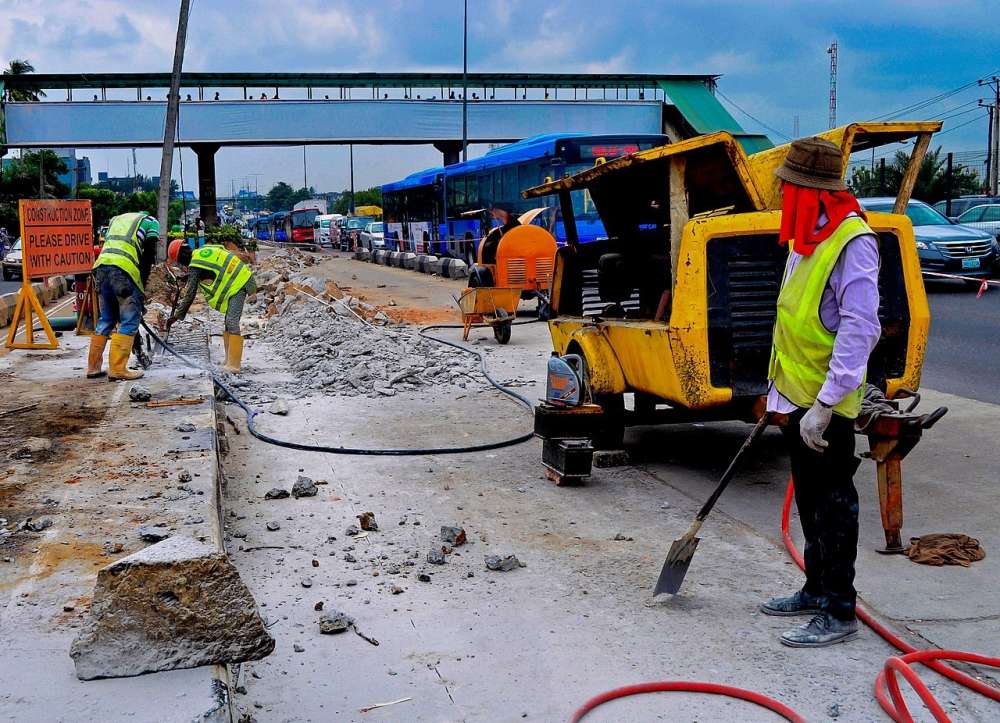Catalyzing the SDGs Through Expanded Domestic Resource Mobilization

As the global community pushes towards achieving the Sustainable Development Goals (SDGs) by 2030, it is crucial to leverage sources of alternative development finance, particularly through efforts of domestic resource mobilization. Although an important source of state financing, such internal sources of revenue like taxation, private business activity or trade have not always been given the attention they deserve in the African and global development framework.
Widespread underdevelopment means that African governments are often unable to mobilize revenues on the scale that is needed. This challenge is exacerbated by global economic and financial headwinds such as trade imbalances, fluctuations in oil prices and currency swings, together with the attendant economic instability that confronts many African countries.
Leakages and the loss of public funds through corruption, tax avoidance and illicit financial flows further aggravate the situation. Moreover, in an attempt to attract foreign direct investment, many African countries have encouraged unhealthy tax competition as well as granted undue tax incentives such as tax holidays to multinational companies. These practices result in loss of government revenues and are unlikely to provide a stable base for the accumulation of public finance on the scale needed to realize the SDGs across all of Africa’s fifty-five countries.
To achieve greater domestic resource mobilization and, in turn, the realization of the SDGs, African countries should focus on: 1) overcoming underdevelopment and promoting sustainable development through enhanced regional alignment; 2) fostering private and philanthropic resource mobilization towards the SDGs; and 3) addressing corruption, tax avoidance, and illicit financial flows.
…
The full paper is available for download.
This publication is a joint output of the African Policy Circle.







